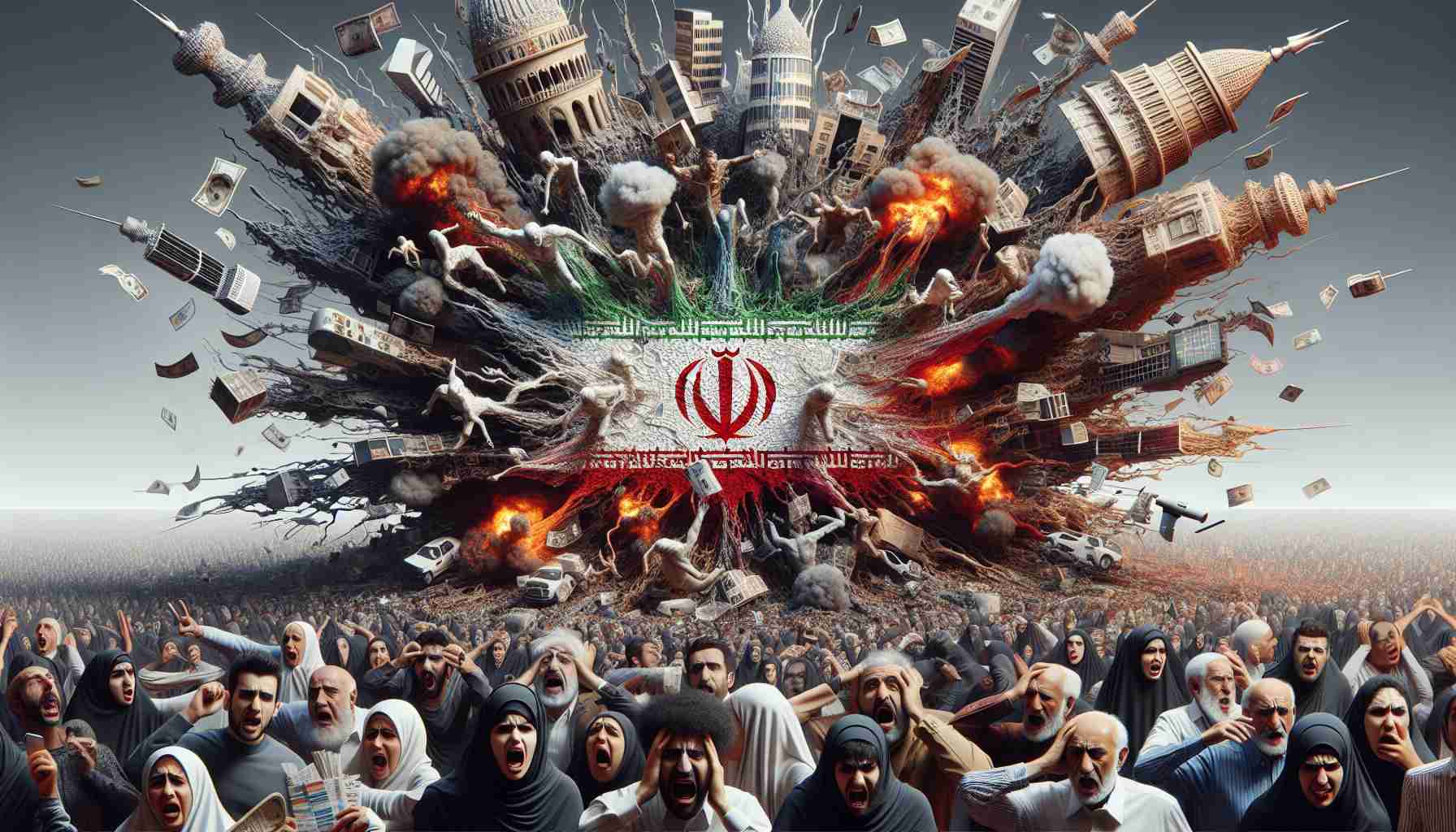Iran has been thrown into chaos as a result of a ban on iPhones, leading to a surge in scams and exorbitant prices for newer phone models. One company, Kourosh Company, managed to swindle millions of dollars from unsuspecting customers by promising them cheap iPhones amidst the ban. While one main member of the company has been arrested, the main suspect has fled the country.
The ban on official registration of new iPhone models, including the iPhone 15, has created a black market where prices for iPhones have skyrocketed. The last officially available iPhone, the iPhone 13, is selling for several times its international market price, with a base-level iPhone 13 Pro being traded at an astonishing 1.3 billion rials ($2,300). In contrast, refurbished versions of the same phone can be purchased for approximately half that price.
The ban on iPhones has also created an opportunity for scammers like Kourosh Company to take advantage of desperate customers. Kourosh Company, initially presenting itself as Iran’s largest phone repair company, promised customers iPhones at heavily discounted prices but failed to deliver on its promises. The company managed to attract a staggering 20 trillion rials ($35 million) within months, aided by a robust advertising campaign featuring Iranian celebrities.
The chaos in the market and the proliferation of scams highlight the challenges faced by Iranians trying to navigate a struggling economy plagued by high inflation. The ban on iPhones, justified by concerns over foreign currency expenditure, has disproportionately affected Iranians, while other non-US handset brands remain unaffected.
As authorities work to address the issue and individuals seek justice for their losses, it is important to consider the broader implications of the ban and the impact it has had on the Iranian market. This situation underscores the need for a comprehensive reassessment of policies that restrict access to vital technologies and exacerbate economic hardships for the Iranian people.
FAQ:
1. Why is there a ban on iPhones in Iran?
– The ban on iPhones in Iran is justified by concerns over foreign currency expenditure.
2. What has been the impact of the ban on iPhones?
– The ban has led to chaos in the market, with exorbitant prices for newer phone models and a surge in scams targeting desperate customers.
3. How have scammers taken advantage of the ban?
– Scammers like Kourosh Company have promised cheap iPhones to customers but failed to deliver on their promises, swindling millions of dollars from unsuspecting customers.
4. What is the current price of the last officially available iPhone, the iPhone 13?
– The iPhone 13 is currently being sold for several times its international market price, with a base-level iPhone 13 Pro being traded at 1.3 billion rials ($2,300).
5. Are there any non-US handset brands affected by the ban?
– No, the ban on iPhones has disproportionately affected Iranians, while other non-US handset brands remain unaffected.
Definitions:
1. Black market: An illegal market in which goods or services are bought and sold without government regulation or oversight.
2. Scammers: Individuals or companies that deceive others for personal gain, often by promising goods or services they do not deliver.
3. Refurbished: Items, in this case, iPhones, that have been restored to a like-new condition after being returned or repaired.
Suggested Related Links:
– Apple
– iPhone
– iPhone Models
The source of the article is from the blog karacasanime.com.ve
